Researching Palestinian Refugees: Who Sets the Agenda?
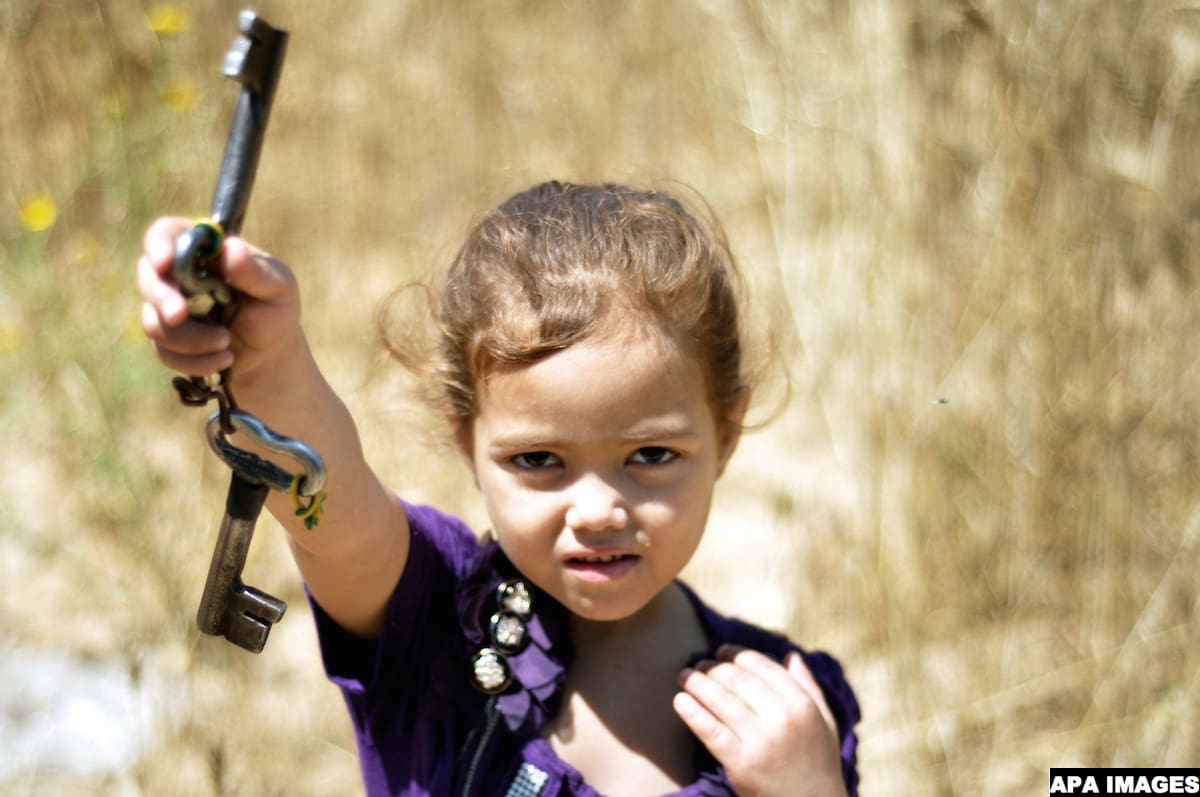
Research on Palestinian refugees overwhelmingly takes place in camps. Al-Shabaka Policy Analyst 24370 critiques this trend, tracing the ways in which such research is based on unequal power relations, a hegemony of European knowledge, and “Westernized” universities that ensure its production. She concludes with recommendations for how researchers can begin to address this intellectual pitfall.
Talking Palestine: What Frame of Analysis? Which Goals and Messages?
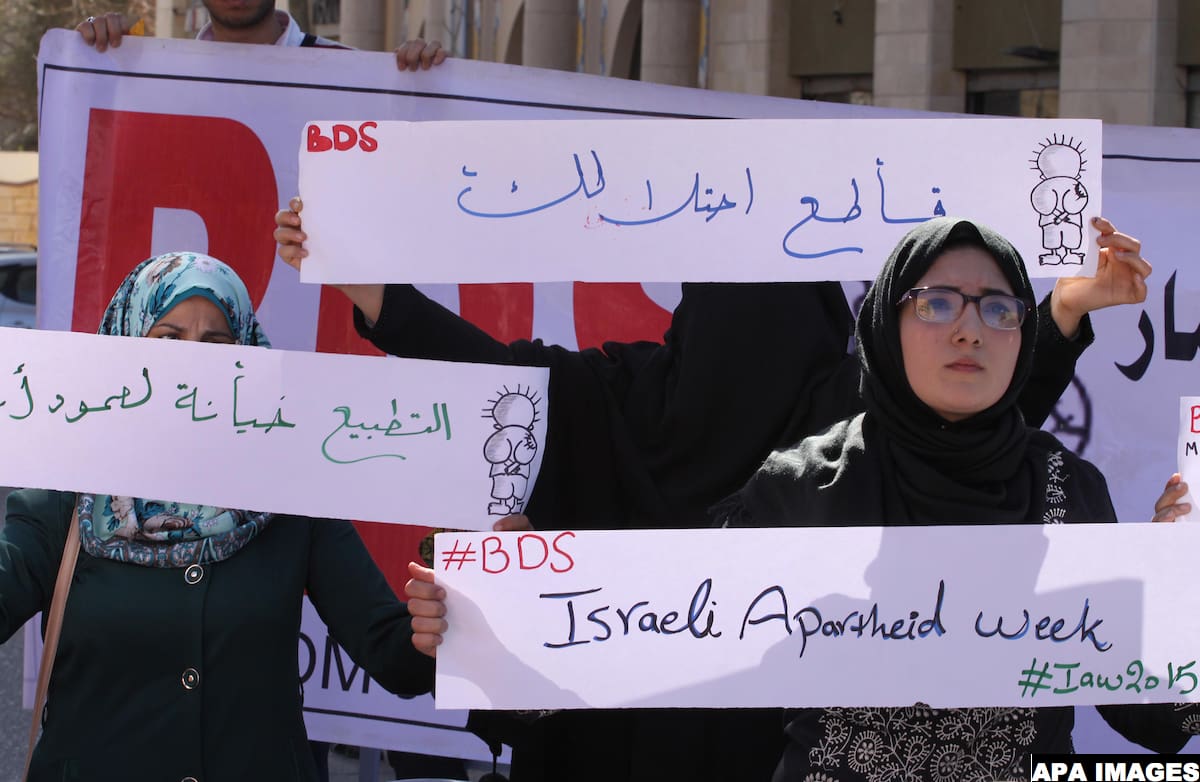
Palestinians are mired in a one or two-state debate that leapfrogs the need for a process of decolonization and reparations, argue Al-Shabaka Policy Analysts Nadia Hijab and Ingrid Jaradat Gassner. The authors compare different frameworks of analysis and conclude the anti-apartheid framework is most strategic in furthering Palestinian goals in the absence of a near-term political settlement.
Whose “Ethnic Cleansing?”: Israel’s Appropriation of the Palestinian Narrative
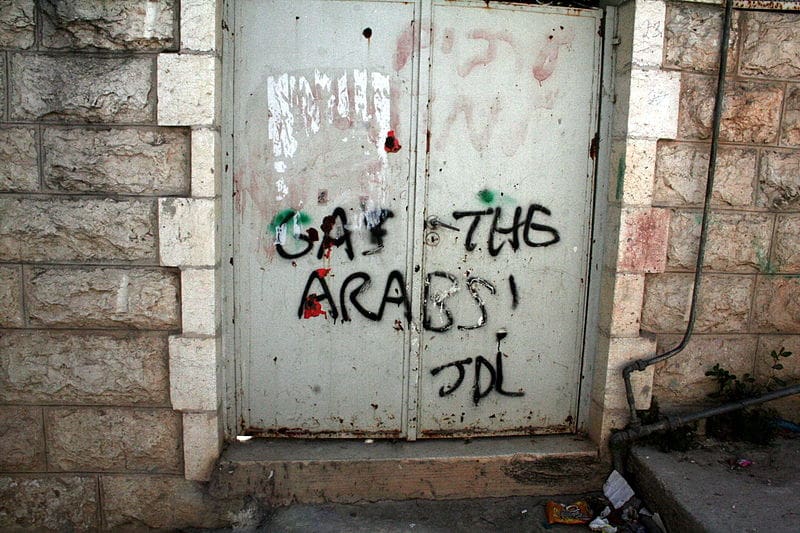
Benjamin Netanyahu recently claimed that the Palestinian demand to dismantle illegal Israeli settlements constitutes “ethnic cleansing” against settlers. Al-Shabaka Policy Analyst 24403 argues that such rhetoric is part of an Israeli strategy of appropriating a narrative of victimhood to garner public support, and recommends ways Palestinians can counter this tactic to further their quest for rights.
Do Not Let Go of the Green Line: It Is Israel’s Achilles Heel
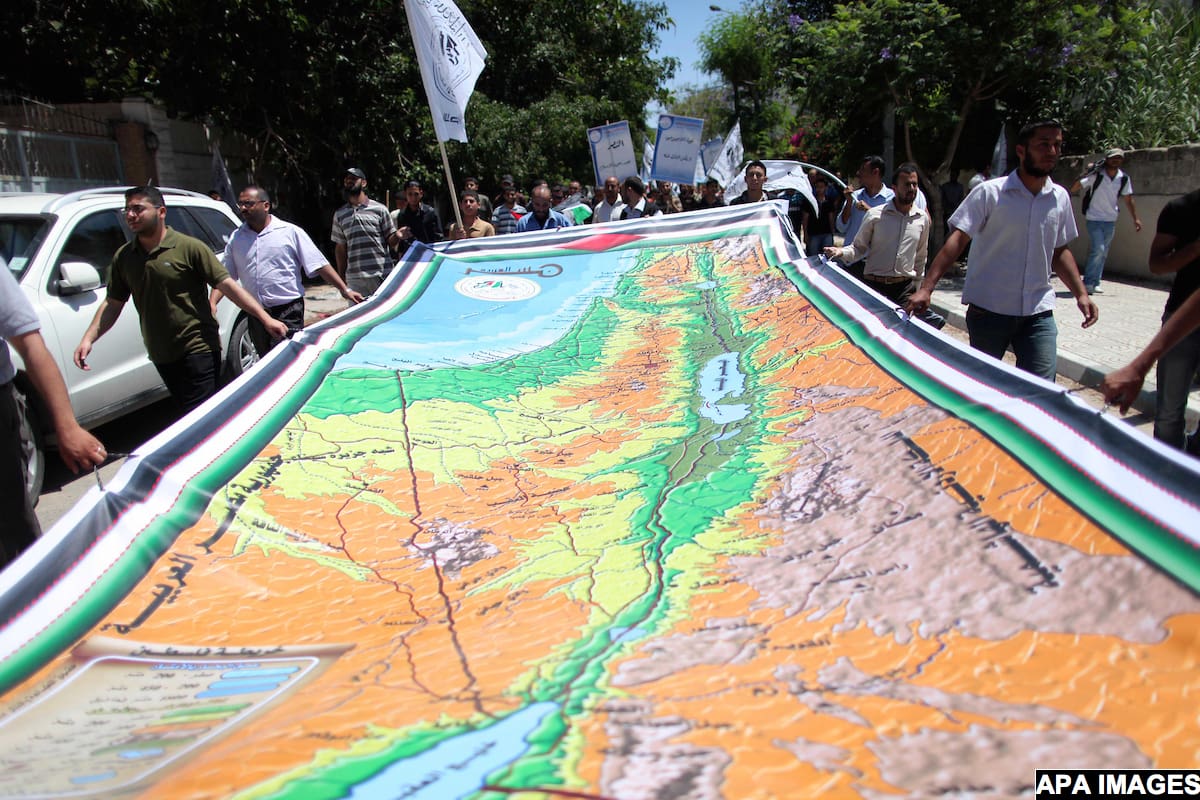
As Israeli right-wing leaders push to illegally annex occupied Palestinian territory, Al-Shabaka Executive Director Nadia Hijab argues that the Green Line is a powerful tool to hold Israel accountable for its multiple violations of Palestinian human rights. For Europe especially the Israeli moves threaten the global order in a way that goes far beyond Palestine.
One Hundred Years and Counting: Britain, Balfour, and the Cultural Repression of Palestinians
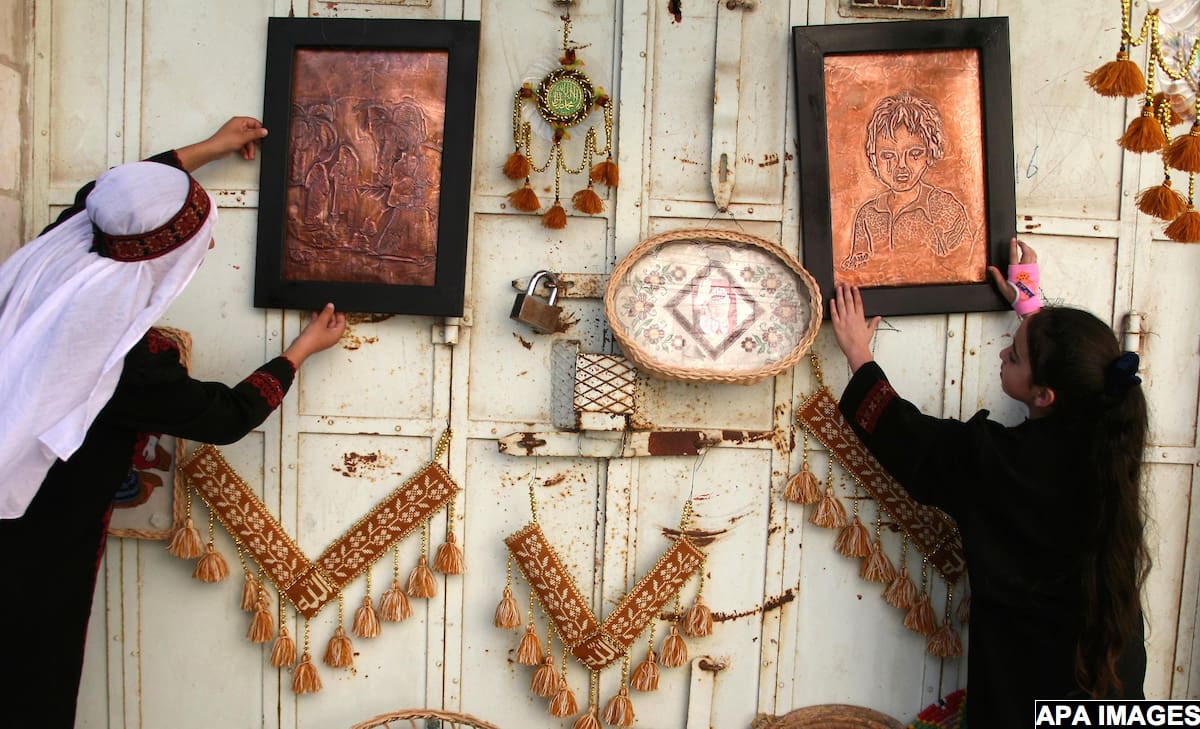
The government and corporations of the United Kingdom have recently intensified efforts to censor Palestinian creative expression. Al-Shabaka Policy Member Aimee Shalan traces the roots of these attacks on Palestinian history and culture to the 1917 Balfour Declaration and offers recommendations for how civil society can bring the UK to change its approach.
Palestinian Oral History as a Tool to Defend Against Displacement
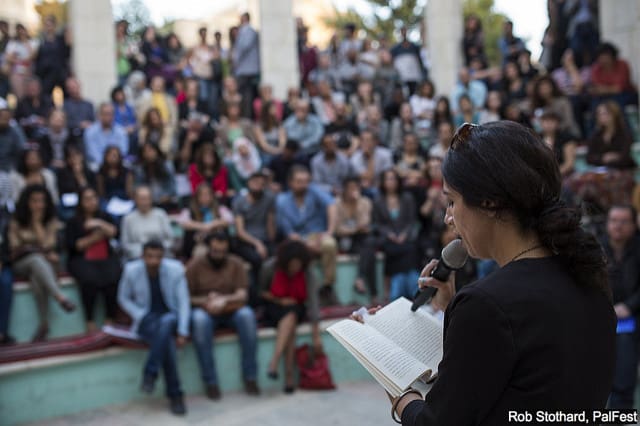
A recent surge in the production of Palestinian oral history provides a new opportunity for activists defending communities against displacement. Al-Shabaka Policy Member 24576 outlines an advocacy role for a Palestinian oral history focused on local needs and uses concrete examples to demonstrate how such a role could promote land-based rights.
The ICC and Palestine: A Case of Doubtful Justice
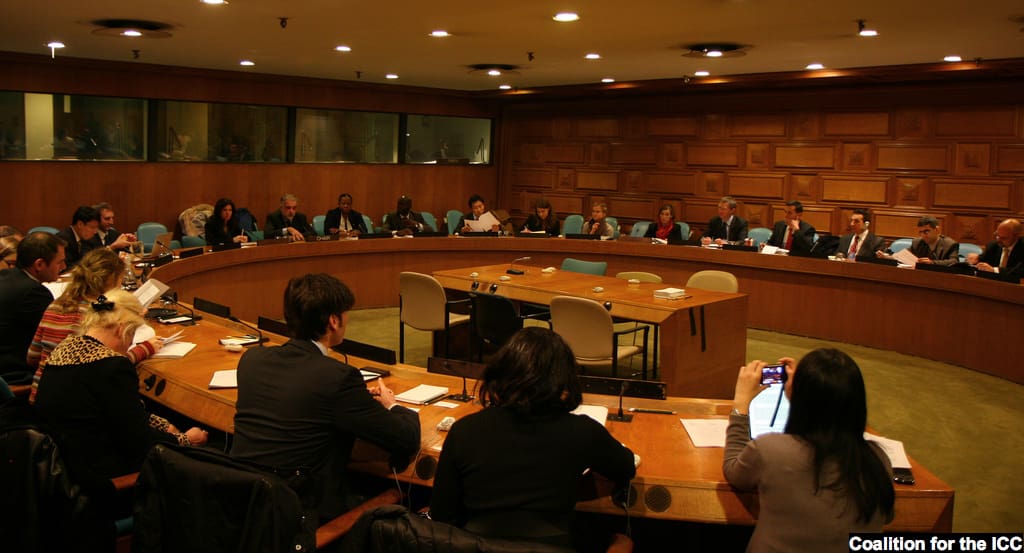
The International Criminal Court (ICC) may fail to arbitrate atrocities in Palestine justly, judging by its first report since it began its examination of potential crimes against humanity and war crimes. Guest Author 24563 examines this recent ICC report to explain why, and urges civil society to continue its close monitoring of the ICC’s work.
BDS: Discussing Difficult Issues in a Fast-Growing Movement
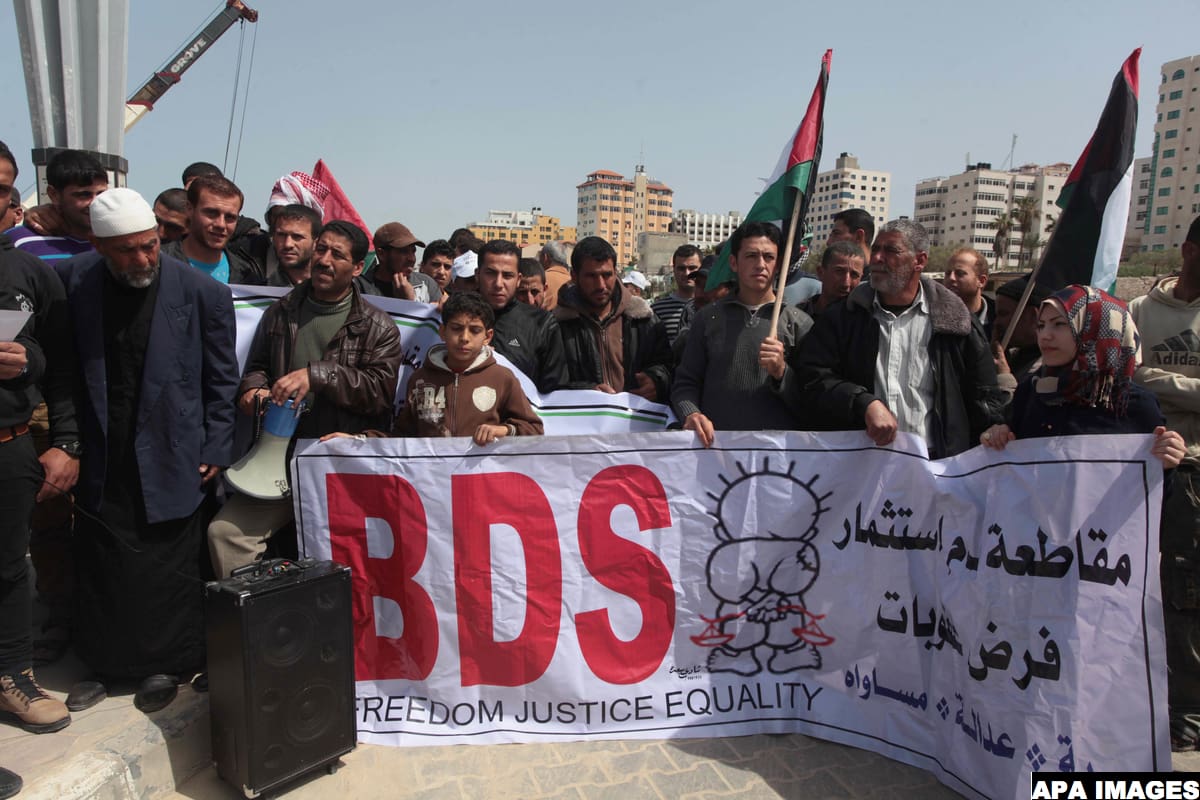
Beyond the headlines of the boycott, divestment, and sanctions (BDS) challenge to Israel, there is continuous debate as the movement matures. What other strategies do Palestinians need? Are comparisons with South Africa appropriate? What about problems with international law? What of gray areas around normalization? Al-Shabaka Policy Advisor and BDS co-founder Omar Barghouti addresses these and more.
How Palestinian Hunger Strikes Counter Israel’s Monopoly on Violence

Palestinian prisoners on hunger strikes exert violence against their bodies yet win back the capacity for independent action that Israel seeks to deny them. Al-Shabaka Policy Member Basil Farraj situates the current hunger strikes in Palestinian and world history, as well as Israel’s use of prison to control the population, having imprisoned nearly 40% of Palestinian males since 1967.






